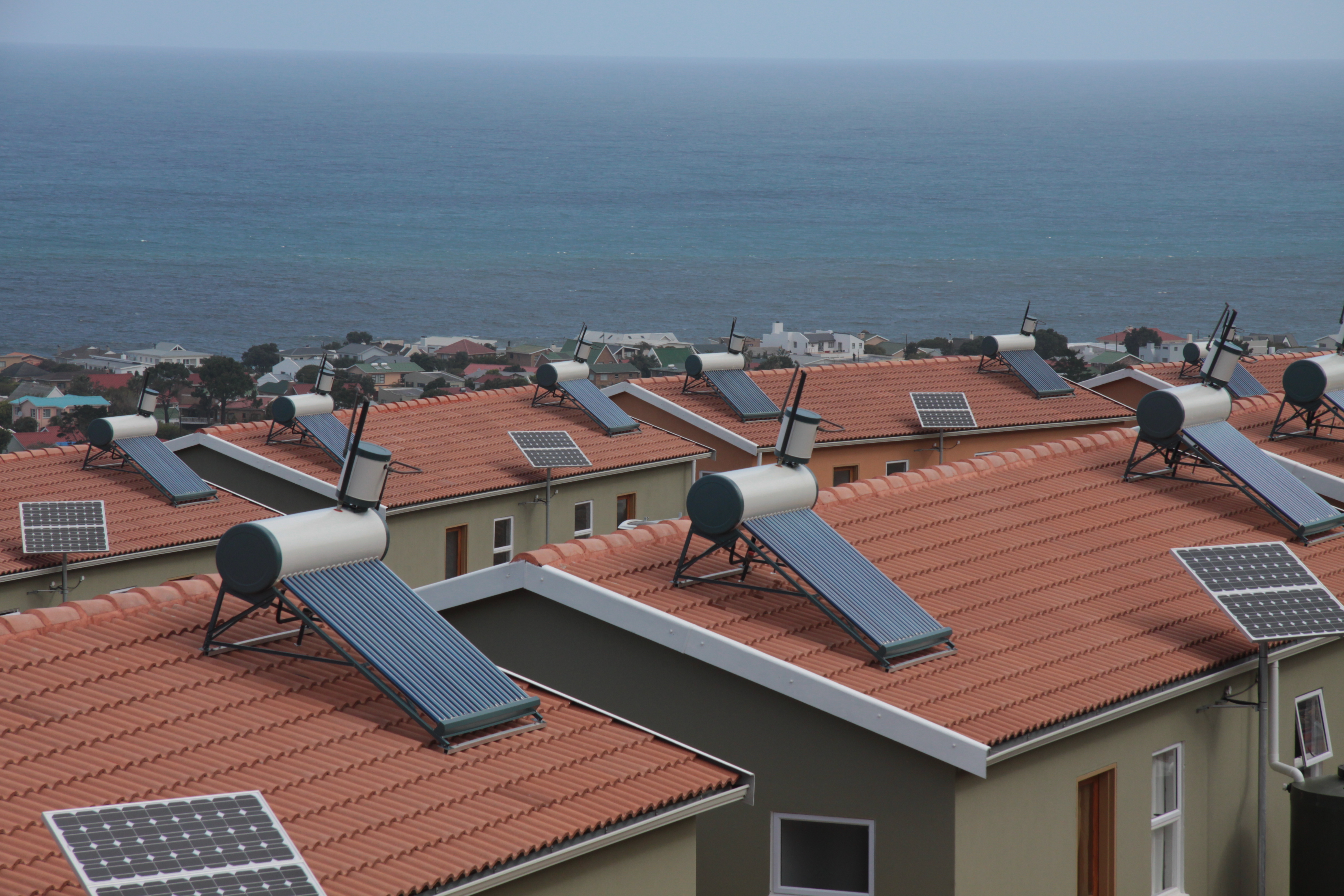Renewable energy and solar energy are quite famous these days. Through a lot of support from the federal government, marketing and solar products with subsidies are pretty popular in the United States of America. There are many who wish to adopt these technologies but are unaware of what to do and how to get there. If you too are one among them, here is some vital information on the solar water heater that you can take into account before installing this useful device in your home. There must be some doubts in your mind and if you wish to clear them, have a look at some common questions asked on solar water heating systems.
What actually is a solar water heater?
This is a system that uses solar energy to heat water and it has a system that is installed on an open space or terrace where it can get energy and sunlight from the sun which it then uses to heat water and store it in an insulated tank. This particular system is not connected to electric supply and hence it doesn’t have an on-off switch, it is something that utilizes solar energy throughout the day to heat water and stores it in the storage tank. Water that is stored in the insulated tank can then be used for any purpose.
What are the different types of solar heaters that are available on the market?
There are actually two types of solar water heaters that are available on the market and here they are:
- FPC system or Flat Place Collectors system: These are the metallic types of systems that usually have a longer life.
- ETC or Evacuated Tube Collectors system: These systems are made of glass and they are fragile enough.
Both these types of water heaters usually either come without or with a pump. You must be wondering about the use of the pump. Well, the pump moves water from the collectors to the storage tank. Those that come without pumps use a thermo syphon principle to move water automatically from collectors to storage tanks.
How to decide which kind of solar heater to buy?
Although ETC systems are fragile enough, they are pretty cheap as compared to their other counterparts. However, they seem to be pretty good for the extremely cold regions with extremely low temperatures. Where water is salty, such systems will require regular cleaning due to sedimentation of the inner surface of glass tubes. On the other hand, FPC systems are metallic and last for a long time. They are perfect for extremely cold regions and have got an anti-freeze solution as well. Hence, this kind of solar hot water system is perfect for different households.
Therefore, if you wish to save your environment and also some of your hard-earned money, make sure to install a solar heating system in your home. For information on how to repair such systems in case of hitting on problems, you may check out: http://www.sydneywidehotwater.com.au/hot-water-system-repair/
